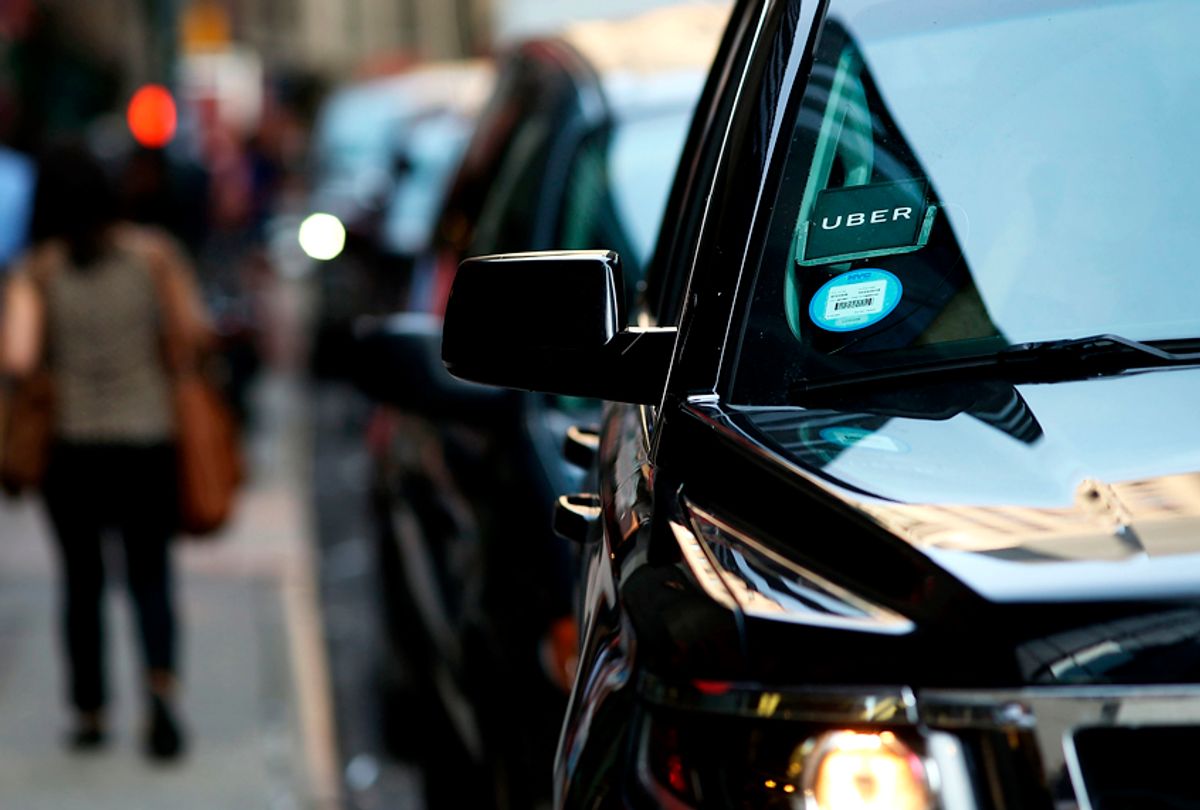Recreational marijuana boosters have long cheered the potential for recreational marijuana to fatten state coffers by providing a new source of tax revenue. Yet as the state reveals its 2018 recreational pot tax revenue, it seems unlikely that recreational marijuana will fundamentally transform the social welfare of Californians — particularly when you compare those taxes to the amount of money California has lost from the Silicon Valley–led charge to leech the state of revenue by misclassifying their core workers as independent contractors.
This past Friday, California Governor Jerry Brown publicly released the state's revised budget, revealing that tax revenue on recreational marijuana — which is legal in the state as of January 1, 2018 — approached $60.9 million thus far in the year. That suggests the state may fall short of previous projections that California would reap $185 million in the first six months of 2018.
And yet the potential gains from recreational marijuana taxes — which the state’s Department of Finance believes will reach $630 million in the 2019 fiscal year — pale in comparison to the amount of money the state has lost from unpaid payroll taxes, driven by companies like Uber and Lyft who dodge paying them by misclassifying their core employees as contractors.
Unlike regular employees, independent contractors aren’t subject to normal labor laws: no rest breaks, no overtime, and no need to guarantee a minimum wage. Accordingly, no benefits and payroll taxes are paid by companies hiring them. While many sectors use independent contractors, Silicon Valley’s “gig economy”–related companies in particular have used and misused the classification to save money, dodge taxes, and get away with paying their workers less; that's why you see periodic reports of gig economy workers making less than minimum wage. In the case of Uber and Lyft, two of the biggest companies that rely on a veritable army of independent contractors, drivers are paid commissions on each ride they give, and are not reimbursed for gas or maintenance.
As a result, rideshare drivers receive wages that vary depending on demand, and can easily dip below minimum wage even before expenses are taken into account. Moreover, by not paying payroll or other taxes on these employees, companies like Uber, Taskrabbit and Lyft save even more money on their core laborers.
Lately, the state of California has been awakening to the reality that misclassification of workers as independent contractors has been sapping the state of funds. Indeed, the California Labor Commissioner reports that misclassification of workers as independent contractors costs California $7 billion a year in lost payroll taxes. That’s a sum that makes the projected revenues from pot taxes look like chump change. And for a state that is a far cry from the socialistic welfare state that right-wing detractors imagine it to be, it’s the kind of cash that could actually help solve the state’s pressing social problems: joint housing crises in the Bay Area and Los Angeles, grossly underfunded and overexerted public transit systems, and an increasingly pricey and unequal public university system that was once a gold standard.
Interestingly, the April 2018 state superior court ruling in Dynamex Operations West, Inc. v. Superior Court may soon have an effect on misclassification in California. In that case, two delivery drivers, who were classified as independent contractors, sued their employer Dynamex for not classifying them as employees — claiming that it violated both the California Labor Code and the Industrial Welfare Commission rules. The ruling in that lawsuit set a higher bar for what kinds of employees may be categorized as independent contractors; specifically, the hiring business must prove that workers are “free from control” of their employer, and that said worker “performs work that is outside the usual course of the hiring entity’s business.”
That second point is the sticky one: it would seem to suggest that, say, a taxi company’s taxi drivers are a core constituency of said company, and thus not something that can be justified as contract labor. Yet it remains to be seen if the ruling will fundamentally change the way that independent contractors are hired in California. If it does, and more independent contractor jobs are transformed into full-time employees, it would be a win for both workers and Californians.



Shares